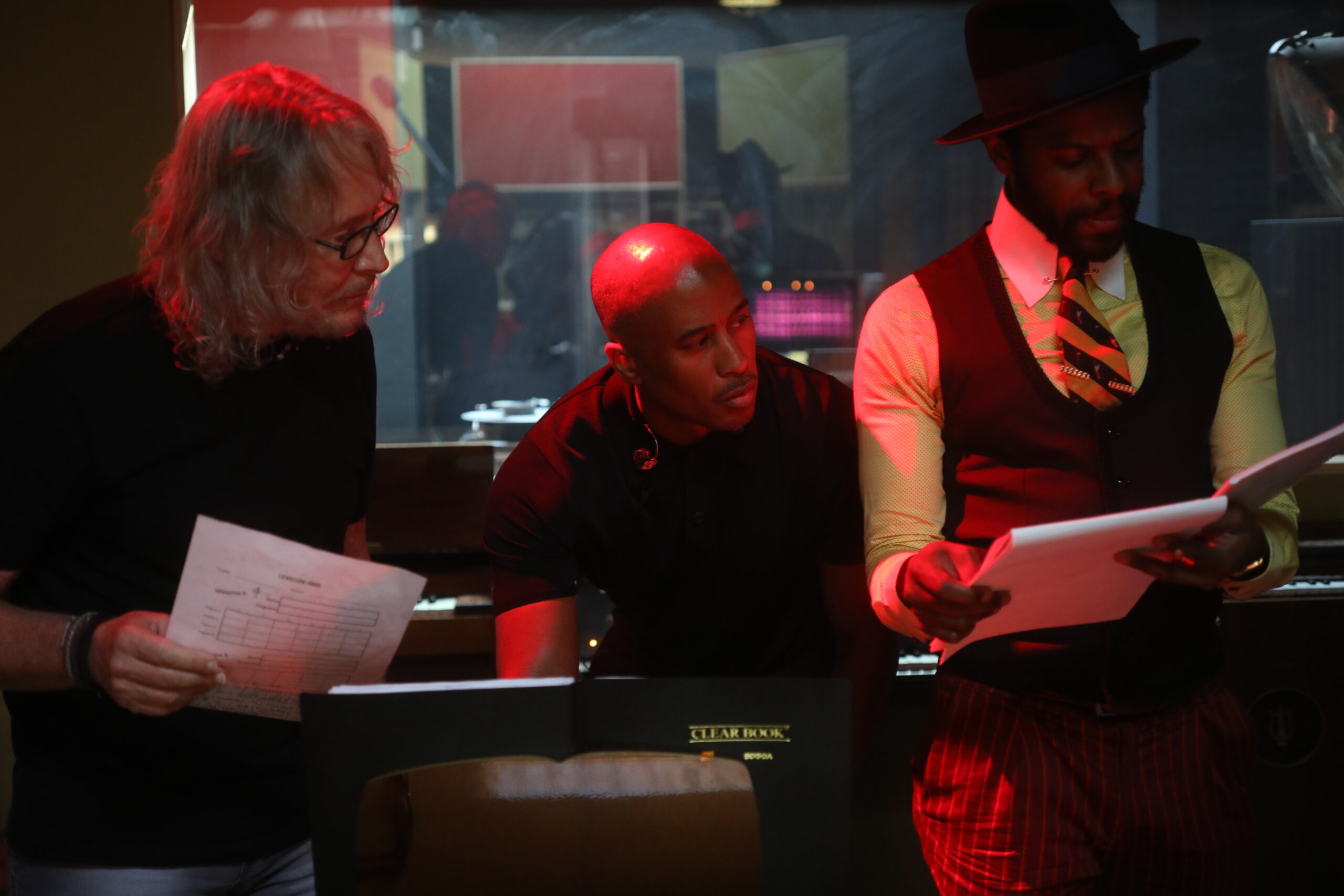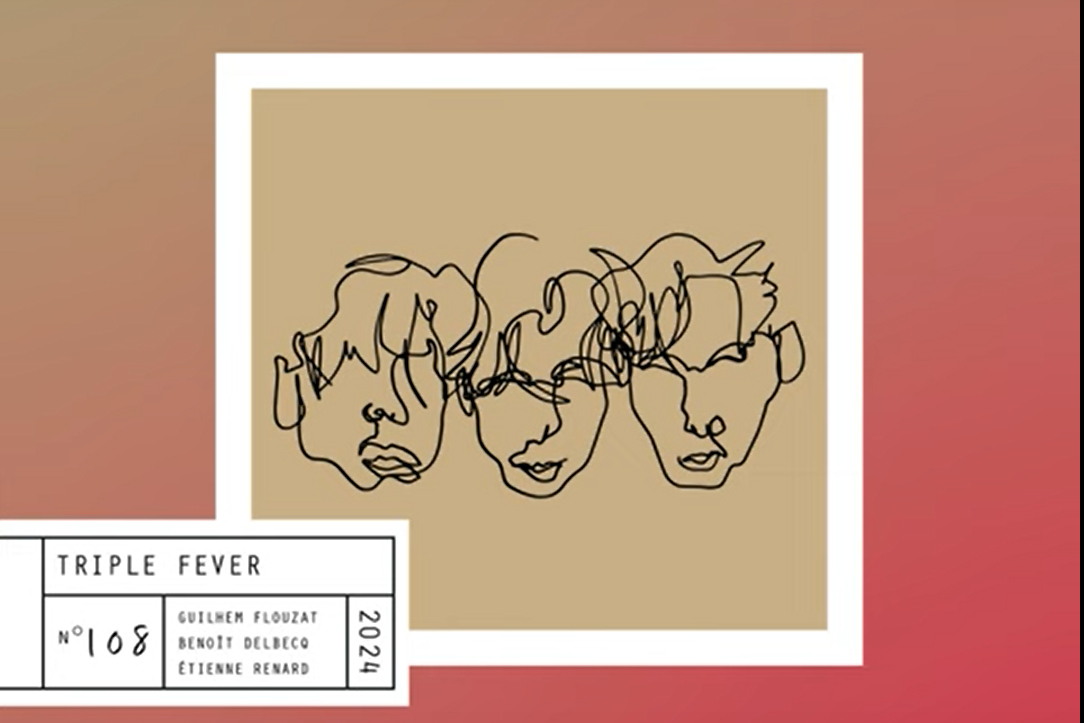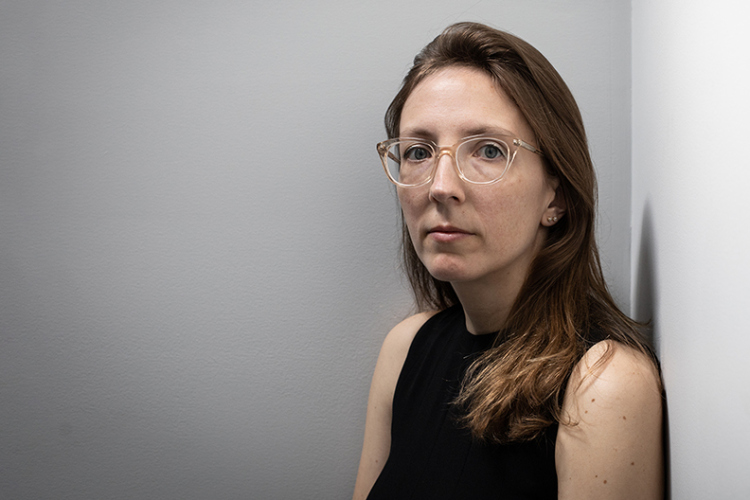Review: Marcos Valle, Adrian Younge & Ali Shaheed Muhammad’s ‘Marcos Valle JID 003’
|
Getting your Trinity Audio player ready...
|
In the year 1500, navigator Pedro Álvares Cabral claimed Brazil as a colony for the Portuguese empire. Despite the region’s immense beauty, the measure was primarily a strategic one, beginning an era deemed “The Sugar Age,” in which millions of slaves were imported, particularly from Congo, to harvest the resource and send it throughout the world. These African “escravos” brought with them their traditional customs, including music and dance. By the Seventeenth Century, these influences laid the groundwork for samba de roda – a dance in which a lone woman is circled by others who clap their hands while they sing. By slavery’s prohibition in 1888, 66 years after independence from Portugal, the dance and corresponding music spread throughout the country, adapting and changing as it went. In the 1930s, a slower and more romantic version, known as samba-cancao came to the fore. Antonio Carlos Jobim and Joao Gilberto merged this low-tempo variant with another derived from slaves, jazz, in the late 1950s to create bossa nova. This “new trend” became a worldwide craze during the 1960s with releases by artists like Stan Getz and Charlie Bird. Its success just further opened the doors for others to reexplore the samba and its creative offspring. Música Popular Brasileira (MPB) built itself upon infusing not only jazz but also rock, funk, and other foreign approaches. The third volume of Adrian Younge and Ali Shaheed Muhammad’s Jazz is Dead series, Marcos Valle JID 003, confirms that this approach is very much alive.
Valle has a long history of exploring the outer edges of his nation’s music. He began with bossa nova in the early to mid-1960s, with Samba “Demais” (Odeon, 1963) and O Compositor e o Cantor (Odeon, 1965). The latter produced what would become his most recognizable song “Samba De Verão,” also known as “So Nice (Summer Samba).” In 1966 this lead to his traveling to the United States where he toured with Sergio Mendes in a group that later became Brasil ‘66. The following year, facing the potential threat of being drafted to fight in the Vietnam War, the vocalist returned home. At the time, Brazil was ruled by an oppressive military dictatorship, which in turn moved his music from a lighter tone to an edgier and more experimental one which incorporated various musical ideas from around the world. This new sound resulted in the rapid succession of four ground-breaking albums – his self-titled release (Odeon, 1970), Garra (Odeon, 1971), Vento Sul (Odeon, 1972), and Previsão do Tempo (Odeon, 1973)- which drew from progressive rock, psychedelia, orchestral, soul, pop, and jazz. Collaborations with influential bands – Som Imaginaro, O Terco, and Azymuth also followed. By 1975, the Fifth Brazilian Republic became so tyrannical Valle left for Los Angeles, where he contributed his skills to the music of Airto Moreira, Chicago, Sarah Vaughn, and Leon Ware before returning home in the 1980s. Despite working with numerous American musicians during the period, Marcos Valle JID 003 marks his first US album as a leader in over fifty years.
In some ways, JID 003 is a continuation of his prior works. The allure of his prior recordings resonated in their laid back, exotic, and relaxed ethos. The pieces were distinctly Brazilian. Similarly, the gentle vocalese and slow-moving keyboards on “Queira Bem” evoke images of sailboats gently gliding across a bay on a gentle breeze. The slightly more up-tempo “Isso É Que Eu Sei” retains a mysteriousness to it created from both the occasional splash of electronics and the vocalist’s curved tones. “VIajando Por Aí” begins with drums, electric guitar, and keyboards presenting the raucousness of a plane lifting off but once in flight recalls the perceived glamour of air travel in the 1960s as represented by the trading of bars between Valle and Patricia Alvi over a flute backdrop. With “Our Train” the drums forge a rhythm that, in conjunction with guitar, presents a steam locomotive gliding gently along the tracks and past sites of beauty with a synthesizer representing the periodic announcements of a conductor. Taken as a whole, the album is an escape; a sonic vacation for those denied one in a time of quarantine and isolation.
But JID 003 is also markedly different. Valle’s voice lacks the boyish charm of his early output. It retains its smoothness but is also sometimes slightly rough around the edges, showing the passage of time. This is most notable on “Gotta Love Again,” a loungey piece in which the lyrics are primarily in English. While nicely complementing the flute’s dulcet tones for most of the composition, at others he is a little more rugged and weathered, learned from life.
There is also a general looseness to the compositions themselves. Ironically, often producing music with a mellow aesthetic seemingly requires a more rigorous and exacting approach. It appears, thankfully, this message was never heeded by these artists. Here, it is often difficult to distinguish between improvised and pre-composed segments. Apparently, in the recording sessions, Valle even made a few lyrical choices on the spot. This spontaneity and openness sometimes falters. The repeated “Geesh” on “Oi” can be distracting. In all, however, it generally succeeds in furthering the album’s general approach by creating space and openness.
At its core, JID 003 asks listeners to re-examine the bossa nova form that took the world by storm half a century ago, the samba which made it possible, and how artists have built off of both in the ensuing years to create new art. Younge, Muhammad, and Valle neither ignore the past nor dwell in it. Instead, they stay true to the concepts of MPB, to take that which came before and build upon it.
JID 003 will be released on August 21, 2020. It can be purchased as a digital file, LP, or CD. It is also available as part of the Jazz is Dead subscription service which includes exclusive vinyl, merchandise, and other content.
Or, if you would like to both purchase the album and help our site offset its operating costs, you can buy it from our Amazon affiliate store.
Tracklist: 1. Queira Bem, 2. Isso É Que Eu Sei, 3. Oi, 4. Viajando Por Aí, 5. Gotta Love Again, 6. Não Saia Da Praça, 7. Our Train, 8. A Gente Volta Amanhã.



